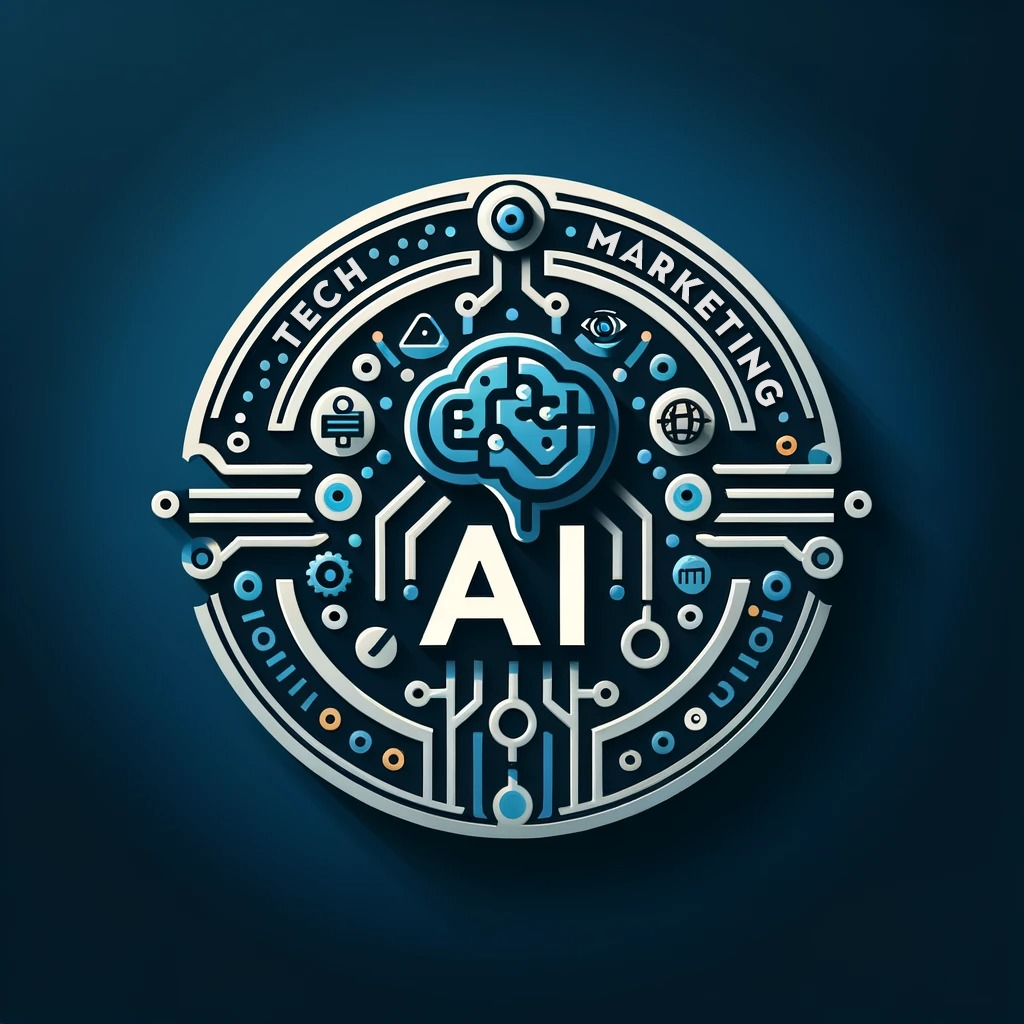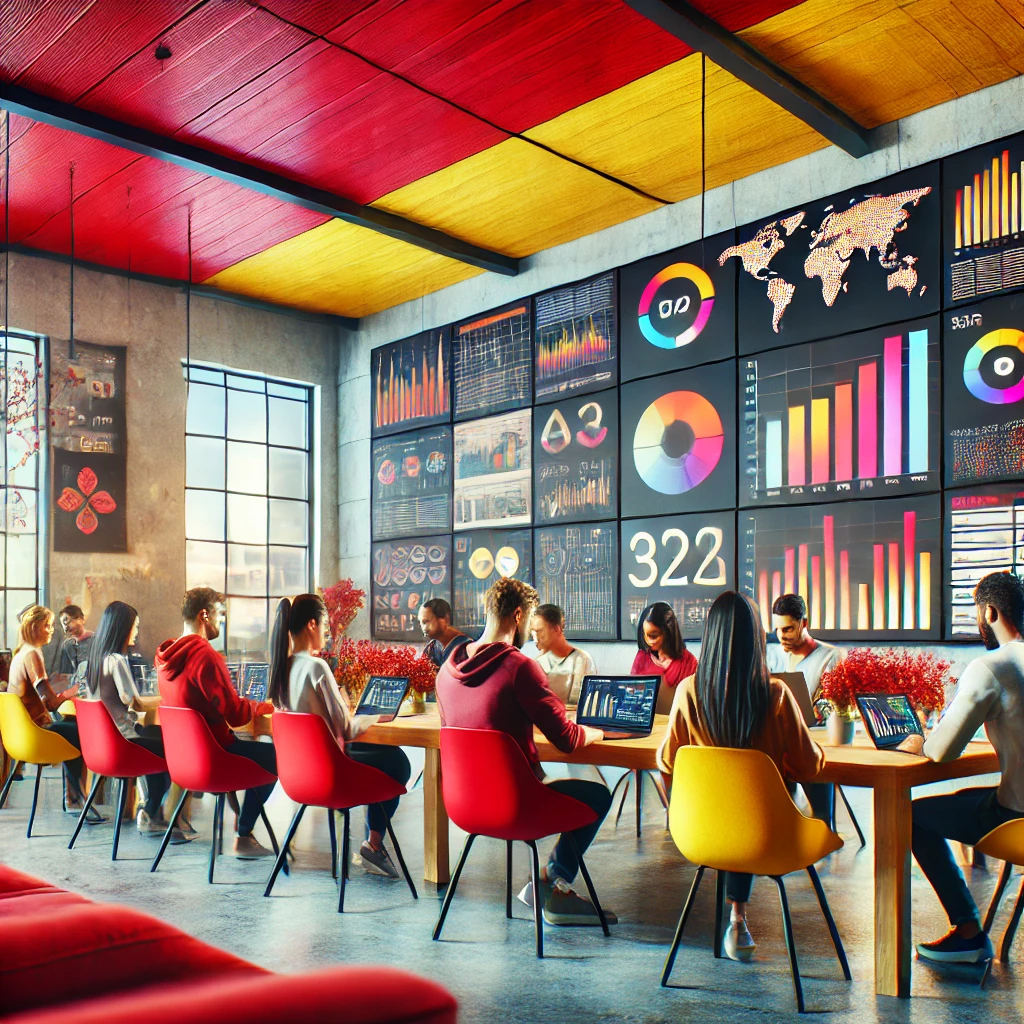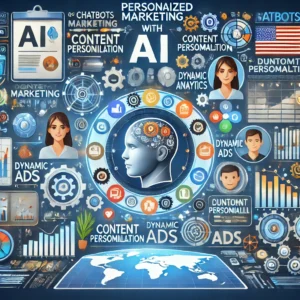In today’s fast-paced digital landscape, businesses need to make agile and precise marketing decisions. The advent of Artificial Intelligence (AI) has revolutionized this domain, enabling companies to harness real-time data and optimize their strategies with unprecedented accuracy. Whether you’re a small business owner in the UK or a marketing executive in Canada, AI is no longer a futuristic concept but a vital tool in the competitive arena of modern marketing.
Why Real-Time Marketing Matters
Real-time marketing involves tailoring campaigns and messages to current events, consumer behavior, or specific moments in time. It’s about delivering the right message to the right audience at the right time. This agility can lead to better engagement, higher conversion rates, and ultimately, greater brand loyalty.
For marketers in the USA, UK, Canada, Australia, and Italy, real-time adaptability is even more crucial as these regions are highly competitive and digitally savvy. AI-powered tools offer solutions to meet this demand effectively.
How AI Enhances Real-Time Marketing
1. Predictive Analytics for Smarter Decisions
AI uses machine learning algorithms to analyze historical data and predict future trends. For example, an e-commerce business in the UK might use AI to forecast which products will sell best during the holiday season, enabling them to stock up and create targeted promotions.
2. Dynamic Content Personalization
AI enables hyper-personalized marketing by analyzing user behavior in real time. Imagine a Canadian retailer showing different homepage content to each visitor based on their browsing history, location, and preferences. This level of customization leads to better customer satisfaction and higher sales.
3. Chatbots and Customer Engagement
In the USA and Australia, many brands use AI-powered chatbots for real-time customer service. These bots provide instant responses, address concerns, and even recommend products, enhancing the customer experience and reducing operational costs.
4. Automated Ad Campaign Optimization
AI can monitor and adjust digital advertising campaigns in real-time. For example, an Italian fashion brand could use AI to identify underperforming ads and adjust targeting criteria to maximize ROI.
5. Sentiment Analysis for Brand Management
AI-driven sentiment analysis tools allow marketers to monitor online conversations and public sentiment about their brands. If a negative trend is detected, companies can swiftly respond to mitigate damage and maintain their reputation.
AI Tools Transforming Real-Time Marketing
1. Google Analytics 4
Google’s advanced AI-powered platform provides insights into consumer behavior and campaign performance, helping businesses in Canada and the USA optimize their marketing efforts.
2. HubSpot
HubSpot leverages AI to offer tools like predictive lead scoring and automated workflows, which are especially useful for companies in the UK and Australia.
3. ChatGPT and Similar Tools
AI-based content generators like ChatGPT can assist in creating marketing content and responding to customer queries in real-time.
4. Ad Platforms with AI Integration
Facebook Ads, Google Ads, and LinkedIn Ads now incorporate AI features for smarter targeting and budget optimization.
Challenges and Considerations
While AI offers numerous advantages, there are challenges that marketers should be mindful of:
- Data Privacy Regulations: With stringent laws like GDPR in the EU and similar frameworks in other regions, businesses need to ensure they handle data responsibly.
- Ethical Concerns: Transparency and fairness should be at the forefront when using AI.
- Implementation Costs: Small businesses might face initial financial barriers to adopting AI solutions.
Future Trends in AI and Real-Time Marketing
The future of AI in real-time marketing looks promising. Trends to watch include:
- Voice Search Optimization: As voice assistants gain popularity in Australia and Canada, businesses must adapt their SEO strategies accordingly.
- Augmented Reality (AR) Marketing: AI-powered AR can create immersive shopping experiences, particularly for the fashion and home decor sectors.
- Predictive Customer Journey Mapping: AI will enhance the ability to anticipate and optimize every stage of the customer journey.
Practical Tips for Leveraging AI in Marketing
- Invest in Scalable AI Tools: Start with affordable tools that can grow with your business.
- Integrate AI with Your CRM: Use AI to enhance customer relationship management systems.
- Stay Updated on AI Trends: Regularly explore new tools and technologies.
- Train Your Team: Ensure your marketing team is equipped to work with AI-driven platforms.




